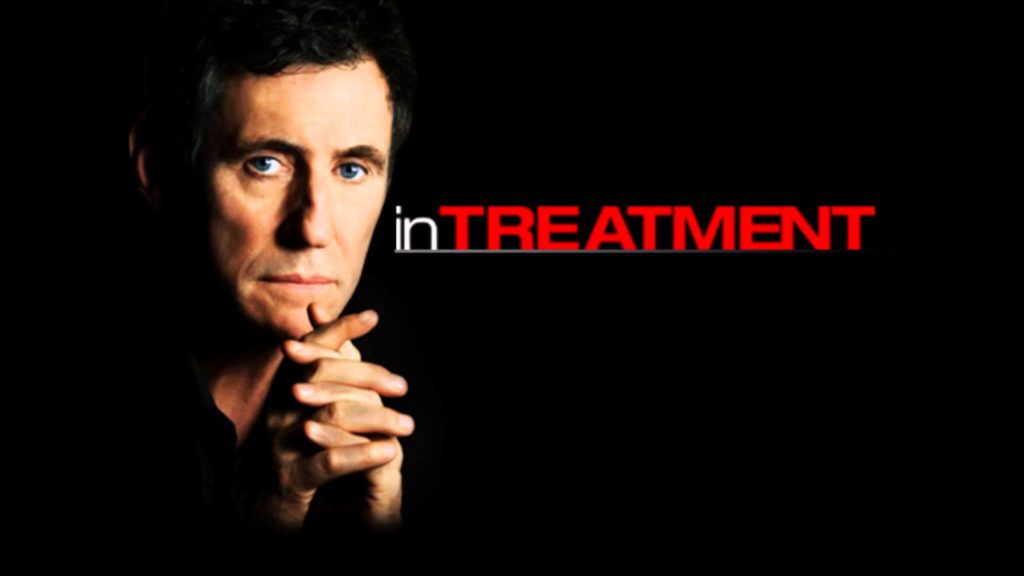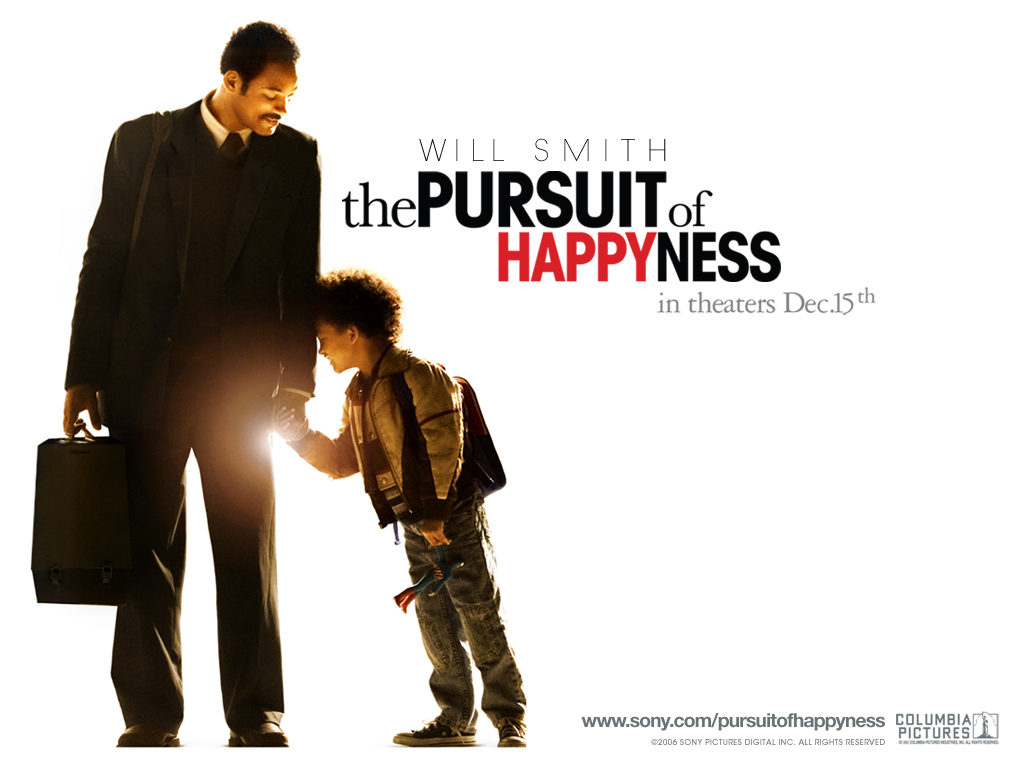
grapplingstars.com, femcompetitor.com, fciwomenswrestling.com, fcielitecompetitor.com fciwomenswrestling2.com articles, pexels.com pixabay.com photo
Subject matter abounds regarding happiness from some of the best, most educated and brightest.
Strange though, most of us know when we are happy in the long-term or not, and we don’t need anyone to analyze us and explain to us that we are not.
Why we are not, now that’s another question and often far more difficult to discern.
The usual suspects are prominent in dark trench coats.
Weak finances, settling for the wrong marriage mate, not finding a life partner, broken friendships, a horrible job and the like.
It’s one of the reasons this writer was obsessed with the cable series, In Treatment, starring the brilliant actor Gabriel Byrne who plays the role with a perfectly understated demeanor and avoids the Buddha all knowing, all wise halo effect.

The tag line relates, middle-aged psychologist Paul Weston (Emmy nominee and Golden Globe Award winner Gabriel Byrne) confronts some uneasy truths about his own life while conducting therapy sessions with his patients. Based on an award-winning Israeli television series.
His life, therapist and all, is extremely flawed.
Perhaps like many of our lives. Perhaps.
So, if we are not happy in the long term, how do we pursue it or can it be pursued?
In a recent article, March of 2016, at the well-respected magazine psychologytoday.com, Suzanne Degges-White Ph.D. shares, “The secret to happiness is actually a set of four factors that can easily be mastered by any of us, anywhere. The four practices that can change your life for good are friendliness, cheerfulness, compassion, and gratitude.”
Let’s get a second opinion because, like a nose, we probably could garner about 1,000,487 more.
“It is not how much we have, but how much we enjoy, that makes happiness.”… Charles Spurgeon
This writer seems to have a little different approach. Some of his ideas seem very sound.
Please enjoy and at least in the short-term, we hope it makes you happy.
The Pursuit of Happiness
by: Jordan Cheng
Yesterday I happened to spot “The Pursuit of Happyness” at the CD shop, and immediately rented it home to watch over the weekend.

I had wanted to watch this movie, after being inspired by the Oprah Winfred Show some time ago, which features the real person Chris Gardner (the self-made millionaire whom the story is based on) together with the actor Will Smith and his son who acted Chris and his son.
The Pursuit of Happyness was an Academy Award-nominated drama film for 2006. It is based on the true story of self-made millionaire Chris Gardner. Chris Gardner was a struggling salesman while his wife toiled in double shifts to support the family including their young son, Christopher. In the face of this difficult life, Chris has a strong conviction to try for a stockbroker internship where one in twenty has a chance of a lucrative full time career. Even when his wife leaves him because of him making this choice, Chris clings to this dream with his son despite all the odds becoming more daunting by the day. Together, father and son struggle through homelessness, jail time, tax seizure and despair in a quest that eventually make Gardner a respected millionaire.
The story is a celebration of hope and determination. Chris Gardner, as portrayed by Will Smith, displayed the courage of a big man under circumstances of poverty and humiliation. It is an inspiring story for anyone who needs some awakening and motivation in the rut of a seemingly comfortable life.
Beyond the rag-to-rich story of a self-made millionaire, the story prompted a deeper question: What is happiness?
In The Pursuit of Happyness, the story focused on the difficult times that Chris Gardner has gone through to achieve his dream. Nothing was featured about the lifestyle he enjoys after becoming rich. The real meaning of happiness isn’t about riches. It is about the pursuit, the journey, the sense of direction and conviction of one’s dream, and the courage and determination to make the dream come true.
So, what brings happiness?
If you read the newspaper or watch television programs, you will see that the good life is in a new car, a luxury house, a high-flying corporate career, holidays around the world, and a bulging bank account.
But if you look inside at what actually gives you joy, the good life may be less of the material wealth and in fact much closer to you than you thought.
In fact, the question about pursuing happiness was explored in great details in a book The Pursuit of Happiness written by David G Myers. According to the book, researches has found conclusive evidences on the following facts:
– People who are happy perceive the world as safer, make decisions more easily, rate job applicants more favorably, are more cooperative, and live healthier and more energized and satisfied lives. Relationships, self-image, and hopes for the future also seem more promising. Positive emotions fuel upward spirals.
When people feel happy they are more willing to help others, such as to give money, pick up someone’s dropped papers, volunteer time, and so forth.
– Within most affluent countries, people with lots of money are somewhat happier than those with just enough to afford life’s necessities.
– Those who have experienced a recent windfall from a lottery, an inheritance, or a surging economy often feel some elation.
– In the long run, increased affluence hardly affects happiness. Even in Calcutta slums, people “are more satisfied than one might expect”
– Wealth is like health: Its utter absence can breed misery, yet having it is no guarantee of happiness.
– Most people agree that money can’t buy happiness, but they do believe that a little more money would make them a little more happy, secure, and comfortable.
– Individuals who strive most for wealth tend to live with lower well-being. This is especially so for those seeking money to prove themselves, gain power, or show off rather than support their families
– Those who instead strive for “intimacy, personal growth, and contribution to the community” experience a higher quality of life.
– Those with “Yuppie values”—preferring a high income and occupational success and prestige to having very close friends and a close marriage—were twice as likely as their former classmates to describe themselves as “fairly” or “very” unhappy.
– Among 7167 college students surveyed in 41 countries, those who value love more than money report much higher satisfaction with life than do their money-hungry peers.
– The satisfaction of self-esteem and relatedness/belonging needs were the top contributors to the peak moment. The satisfaction of money-luxury needs contributed least.
– Very happy university students are not distinguished by their money but by their “rich and satisfying close relationships”
– More money buys no more than a temporary surge of happiness.
– Happiness is relative.
– Satisfaction and dissatisfaction, success and failure—all are relative to our recent experience. If you have achieved some successes, the next success will have to be greater than the previous one to excite you. If you don’t possess a car, winning a car in lucky draw will give you much greater happiness than someone who already has s few cars at home.
– Despite the realities of triumph and tragedy, million-dollar lottery winners and people who are paralyzed report roughly similar levels of happiness.
– Material wants can be insatiable – as can be seen why many a child “needs” just one more Nintendo game. And why Imelda Marcos, surrounded by poverty while living in splendor as wife of the Philippines’ president, bought 1060 pairs of shoes.
– Seeking happiness through material achievement requires an ever-increasing abundance of things. At the end of his Chronicles of Narnia, C. S. Lewis depicts heaven as a place where good things do continually increase, where life is a never-ending story “in which every chapter is better than the one before.” However, here on Earth most people experience the perpetual cycle of ups and downs in real life.
– Happiness is relative not only to our past experience but also to our comparisons with others. We are always comparing ourselves with others. And whether we feel good or bad depends on who those others are. We are slow-witted or clumsy only when others are smart or agile.
– Once people reach a moderate income level, further increases do little to increase their happiness.
– As people climb the ladder of success they mostly compare themselves with peers who are at or above their current level.
~ ~ ~
Sources: brainyquote.com, Wikipedia, fciwomenswrestling2.com, FCI Elite Competitor, photos thank you Wikimedia Commons.
http://www.articlecity.com/articles/self_improvement_and_motivation/article_6116.shtml



